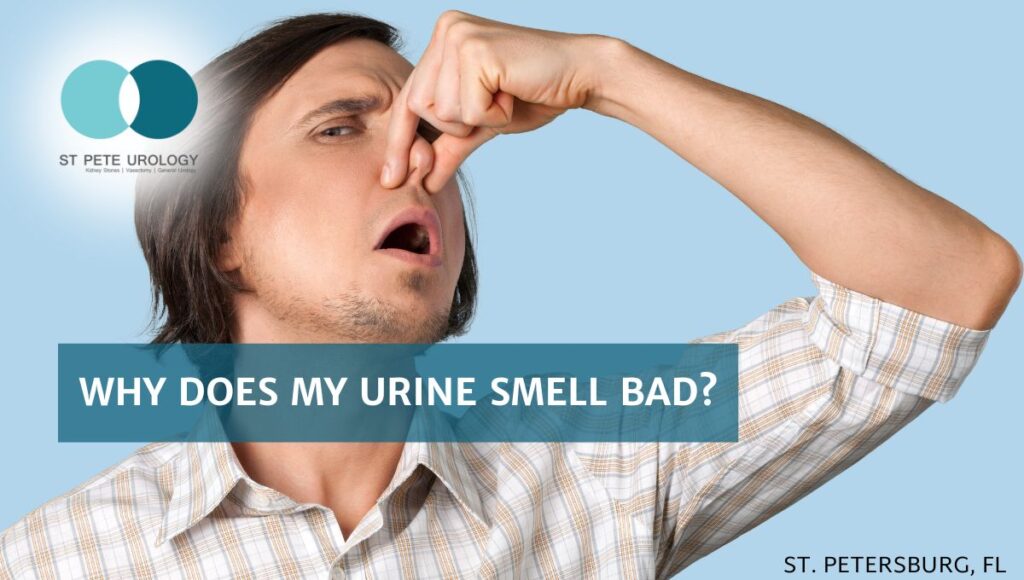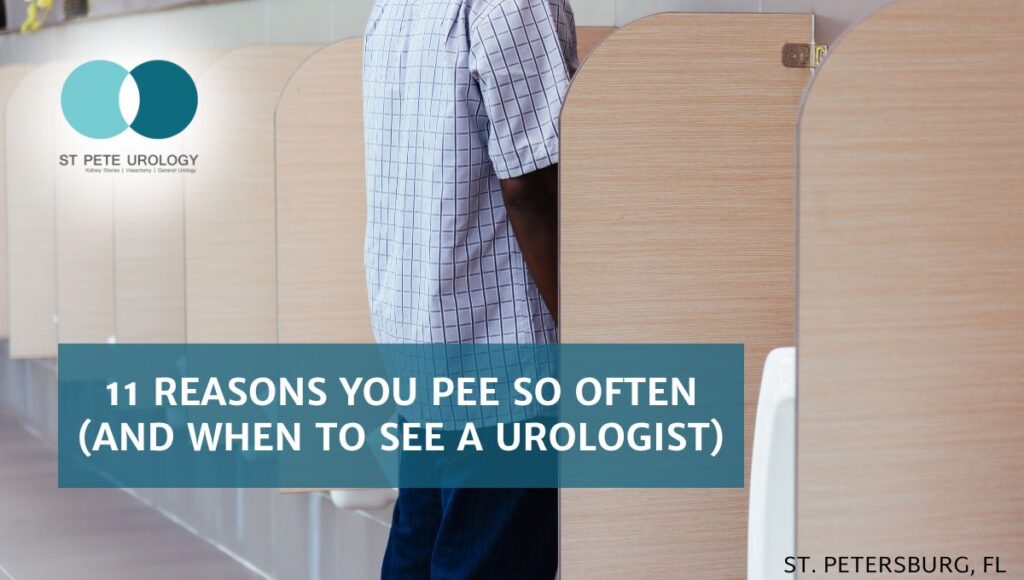Tonight we’re going to talk about bowel and bladder control primarily. So Dr. Graves and I both actually trained together at the University of Pennsylvania in Philadelphia and we’ve been each practicing for close to 10 years. And we’ve had five years of urology training in residency and med school before that.
And the topic tonight is something that we do have a lot of focus in and enjoy taking care of and have specialty in. All right so there’s three kind of categories to kind of simplify this about bladder control issues. One is stress incontinence and I’ll describe that more in the next slides. The second is urinary retention which is the inability to actually get urine out where the urine is trapped in the bladder and you can’t fully empty the bladder and the third is overactive bladder.
So stress incontinence is the kind of incontinence that some patients can have in which when you increase the pressure on the bladder it overcomes the ability of the sphincter to control the urine. So sneezing, coughing, laughing, standing up real quick after you’ve been sitting for a while, climbing up things like stairs, exercising and then you get a dribble or even sometimes a full emptying of the bladder as you do those activities so that’s deemed stress incontinence. And that is an issue typically with the sphincter itself and the pelvic floor with the inability to control the bladder from emptying. And that’s an issue that some women have with age or after childbirth that can occur. In regards to men that would be something that sometimes we see after prostate type procedures and then also you know something with the age that can occur. In regards to urinary retention that’s when you can’t fully empty your bladder. Sometimes patients will show up with to the emergency room or our office with the inability to empty their bladder and they need a catheter put in to drain the bladder. Other times it could be a slow chronic situation where they don’t empty the bladder fully and it builds up into a inability to empty. That’s actually dangerous because you’re not able to clear all the toxins out of your body and you can get infections or kidney failure, this is something that’s important to tease out. Usually in these cases you can have leaking but the main symptom is difficulty emptying and a weak stream. And then overactive bladder is is a quite common situation in which you have a bladder that isn’t able to hold urine for the amount of time it should in between urination. So you get frequent trips to the bathroom with strong urges to pee even though you just urinated, went to the bathroom and peed you know 20 minutes 30 minutes later you feel like you got to go again and are heading back to the bathroom. And that can sometimes progress into urge incontinence which is a type of leaking of urine as opposed to the stress incontinence where you sneeze cough strain and leak this is where you get a strong urge to pee and you can’t hold it back and then you end up having a leak before you make it to the bathroom in time.
And then a different kind of incontinence would be this fecal incontinence which is basically bowel incontinence and this is not urinary incontinence but a situation in which you have control issues with having bowel movements. So you can actually have loss of control where you have accidents with your stool sometimes that could be this like a strong urge that you cannot control or other times it’s a loss of feeling that you have to go and you can have either small accidents or a full incontinent episode with fecal incontinence





